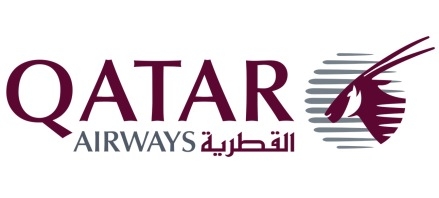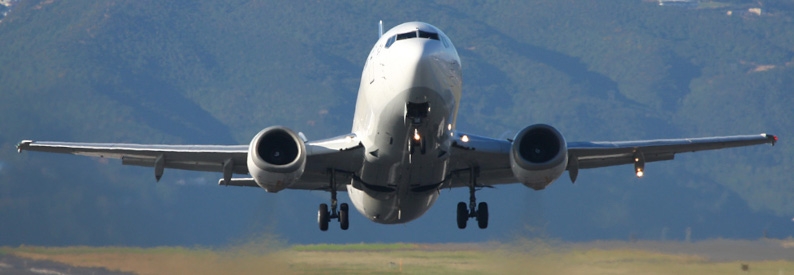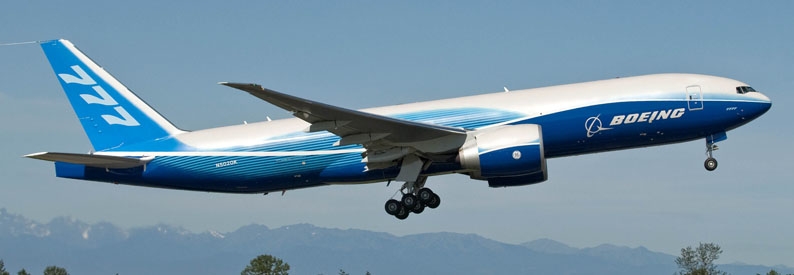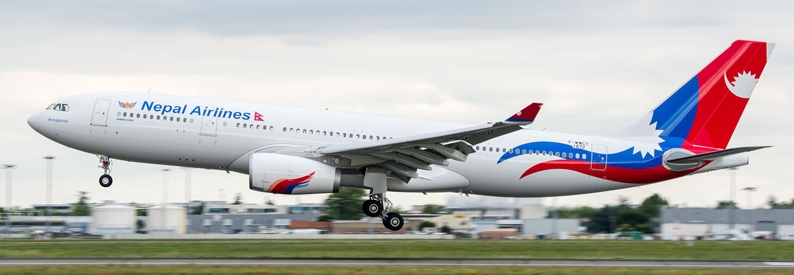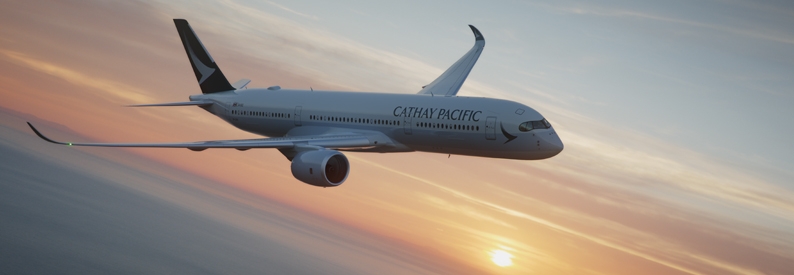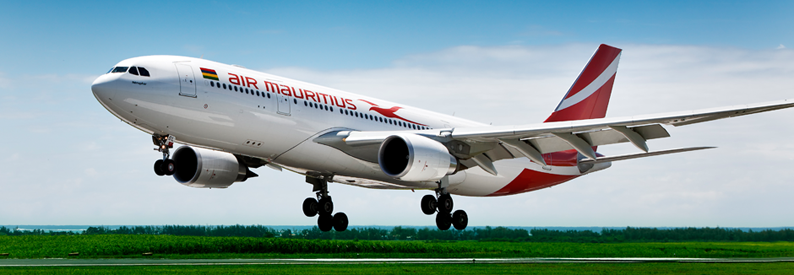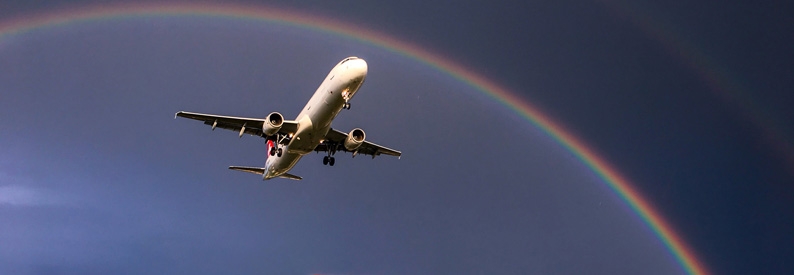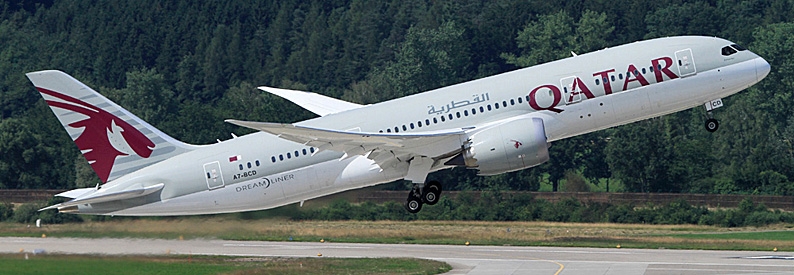A British High Court judge has ordered Qatar Airways (QR, Doha Hamad International) to produce correspondence between the airline and the Qatar Civil Aviation Authority (QCAA) regarding the grounding of A350-900s and A350-1000s over safety concerns connected with paint degradation.
According to a transcript seen by Simple Flying, during last week's hearing in London, Judge David Waksman gave Qatar Airways until the next hearing date, April 21, 2023, to produce the communication chain between them and the QCAA that ordered the February 2022 grounding of the 22 widebody Airbus aircraft. The order follows several previous requests from the court for the information. In its lawsuit, Qatar Airways is seeking compensation in excess of USD2 billion from Airbus in relation to the grounding. The airline filed its claim in early 2022, but the matter is not expected to be heard until later this year.
However, ahead of that, Waksman has also raised as a matter of concern the absence of any statement and/or involvement in the court case from Qatar Airways CEO Akbar Al Baker. Last week, Waksman said the CEO was not peripheral to the case. "Mr Al Baker appears not to wish to engage at all in this case, whether as a matter of substance or on matters of disclosure, where he may be able to assist," Waksman said.
"If those (evidence) gaps remain and cannot be explained, especially as Mr Al Baker apparently is not giving evidence, then they (Airbus) will make an application that I should draw an adverse inference, either in relation to his absence or in relation to documentary absence, and there is very well-developed case law as far as that goes," added the judge. Airbus has previously alluded to a degree of collusion between Qatar Airways and the QCAA and has flagged the QCAA-ordered groundings as a coercive tactic rather than a bona fide safety concern.
Meanwhile, Airbus has admitted it has made some design changes to the A350's fuselage surface. The aircraft manufacturer has confirmed to the court that it has started using a new type of perforated copper foil (PCF), a protective shield that fits between the fuselage and outer paint surface. The new product is lighter than the previous PCF, and Airbus anticipates that it will ease paint cracking concerns.
"(New) PCF is being used on rear-section parts on aircraft delivered from the end of 2022," said an Airbus spokesman last week. While Airbus has long maintained that the paint cracking issue was not a safety issue (and other airlines have kept flying the aircraft type), Qatar Airways has disagreed and said the flaking paint exposes corrosion or gaps in the copper foil, which provides protection against lightning strikes.
According to ch-aviation Commercial Aviation Aircraft Data data, twelve Qatar Airways A350-1000s are operating and seven are grounded, while eleven A350-900s are flying and 23 are grounded. After incrementally cancelling orders for A350s as they were due to be delivered to Qatar Airways throughout much of last year, in September, Airbus cancelled the remaining nineteen A350-1000s still on order.
- Type
- Base
- Aircraft
- Destinations
- Routes
- Daily Flights
